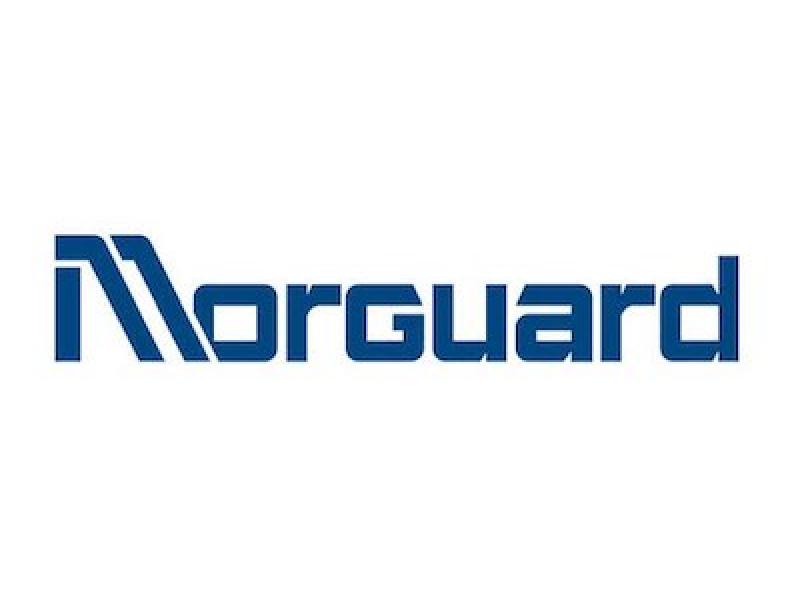GUEST SUBMISSION: Over the past decade, the City of Vancouver, Burnaby and Port Moody, to name a few municipalities, have increasingly required affordable housing for new construction. While well intended, there are dire consequences if implemented incorrectly.
Affordable housing was initially introduced under the Rental 100 program in 2012 when construction costs were significantly lower than today. Rents were tied to 30 per cent of median income, meaning developers typically constructed affordable units and operated them without any profit or loss.
Building these units without any incentive constituted an "amenity" for the city and resulted in waived Development Cost Levies (DCL) and, later, Community Amenity Contribution (CAC) charges.
What is a Community Amenity Contribution?
When developers construct new buildings, the city requires them to provide amenities for the community.
Amenities can be cash, affordable housing, day care, schools, infrastructure, and anything else agreed to between the developer, community and the city.
If a developer is required to build affordable housing, they are doing that instead of putting money toward schools, libraries and community centres that benefit a much larger population.
Confusion between affordable and social housing
The intention for affordable housing is to be non-subsidized housing, keeping rents within a reasonable range for people to afford and still allowing the building to operate without any profit or loss.
Social housing has low rental rates and is heavily subsidized by the operator, which is commonly taxpayer dollars.
Over the past decade, these two distinct types of housing have blended as people expect social housing rents when they hear about affordable housing. A good example is Burnaby requiring "Affordable Housing" to be 20 per cent below Canadian Mortgage Housing Corp.'s (CMHC) average rents.
These rental rates are significantly below sustainable levels and require the units to be consistently subsidized by the operator, so they are incorrectly labeled "Affordable Housing" when they should be labelled "Social Housing."
The honour system for tenants
Currently, there are no penalties if a tenant illegally subleases a unit.
They rent from the property owner and if rents increase, they maintain similar rents due to strict rent controls. Some tenants then rent the unit to other tenants at a higher rental rate without the property owner's permission, and pocket the difference.
If the tenant is discovered, they are evicted from the unit at the owner's time and expense, keeping the profit and facing no penalties.
For example, Burnaby requires 20 per cent below CMHC, so today's "affordable rental" rate is about $1,300 per month for a one-bedroom. The market rent for that unit is $2,500. The tenant can sublease that suite for $2,500 and pocket $1,200 per month - or $14,400 annually.
With little oversight and no penalties, they will continually rent that unit unless they are caught and lose access. But they keep the profit.
With that kind of incentive and no penalties, do you think tenants will give up the units when they need to move? Over time, many tenants will likely game the system and profit from our community amenity contribution.
Not only do we lose out on the public good to provide this subsidized housing, but we are also incentivizing people to profit from it.
So, how do we fix the problem?
Fixing the affordability scam
First, we must clarify the difference between affordable and social housing.
Social housing is a massive burden on society and kills the feasibility of new development, which should only be mandated under unique circumstances.
Affordable housing should be net neutral in terms of profit and loss on building and operating the units, providing long-term viability. Making the affordable housing units viable means we must keep adjusting the allowable rents as building costs and median incomes rise.
Keeping rents at reasonable levels will reduce incentives for tenants to sublease units, raising the barrier for bad actors.
Finally, there need to be penalties if a tenant illegally subleases a unit. Having consequences for gaming the system will create huge disincentives and remove the need for costly government oversight.
Affordable housing may be a worthwhile amenity if implemented correctly, but we need to ensure its long-term feasibility with proper checks and balances, so society doesn't end up in an inevitable scandal a decade from now.










